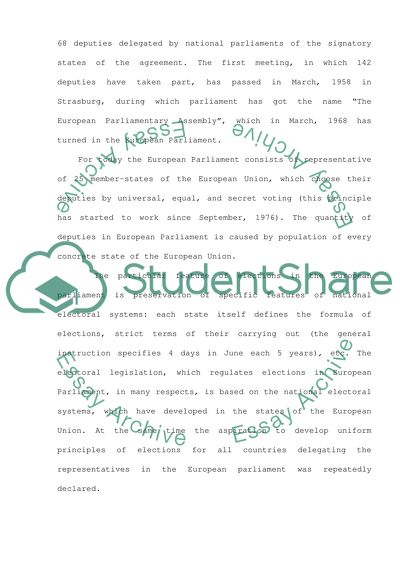Cite this document
(“European Parliament elections Essay Example | Topics and Well Written Essays - 2000 words”, n.d.)
Retrieved de https://studentshare.org/politics/1545037-european-parliament-elections
Retrieved de https://studentshare.org/politics/1545037-european-parliament-elections
(European Parliament Elections Essay Example | Topics and Well Written Essays - 2000 Words)
https://studentshare.org/politics/1545037-european-parliament-elections.
https://studentshare.org/politics/1545037-european-parliament-elections.
“European Parliament Elections Essay Example | Topics and Well Written Essays - 2000 Words”, n.d. https://studentshare.org/politics/1545037-european-parliament-elections.


